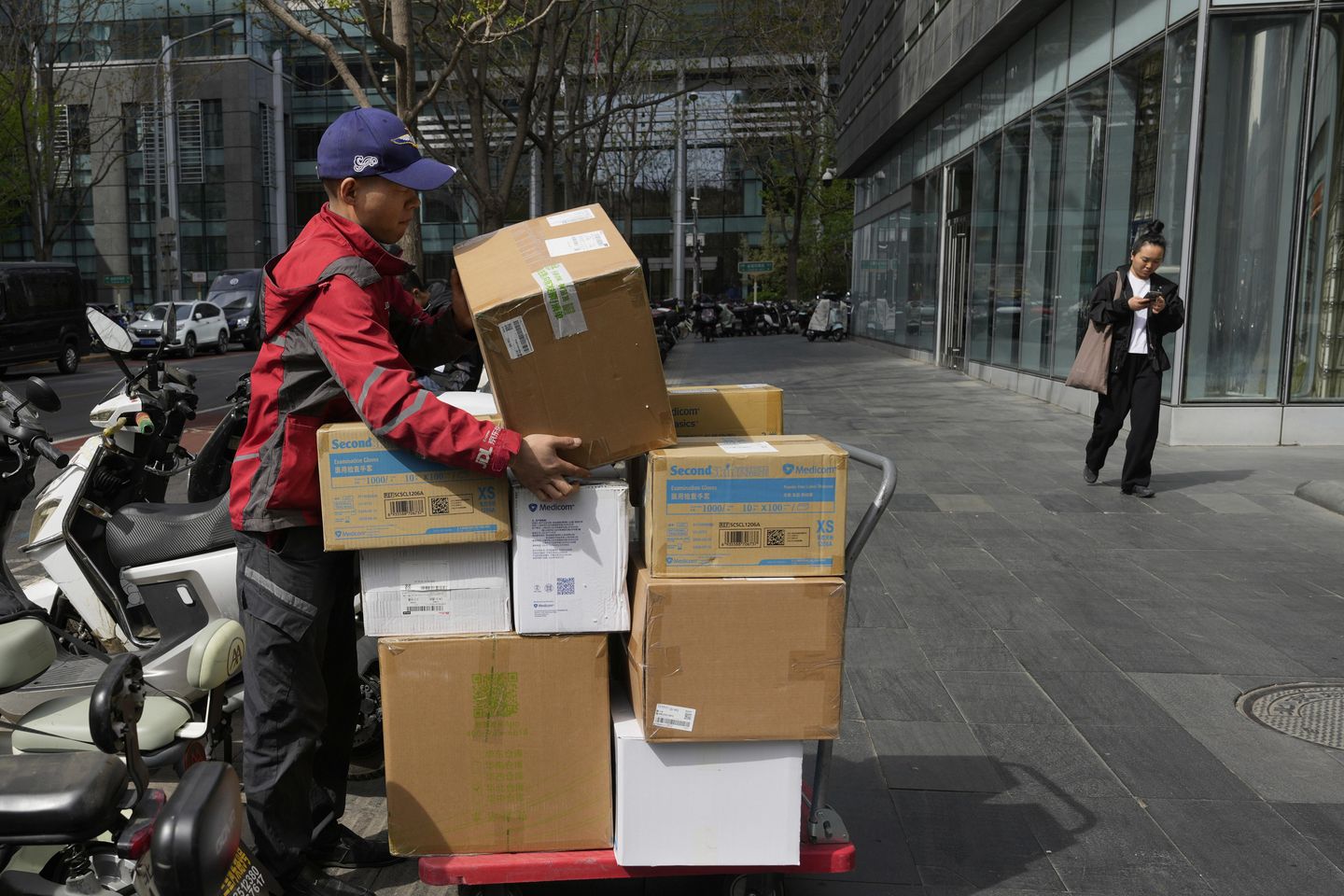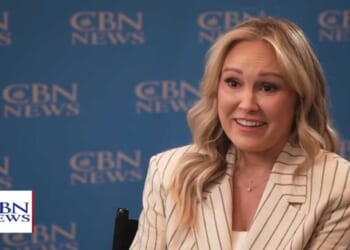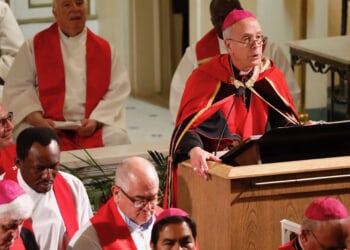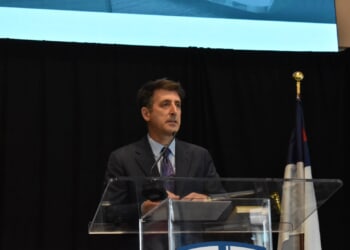
President Trump announced a 90-day pause on his recently implemented reciprocal tariffs, marking a significant reversal of his “Liberation Day” trade policy that had sparked widespread economic concerns. The announcement came just 14 hours after the tariffs had gone into effect.
Under the revised plan, tariffs on nations that don’t retaliate against the U.S. will drop to 10%, aligning with the president’s baseline tariff on all imports. Canada and Mexico will also face this reduced 10% rate. However, in a notable exception, Mr. Trump simultaneously increased tariffs on Chinese goods to 125%, up from 104%, in response to Beijing raising its levies on U.S. goods from 34% to 84%.
The U.S. stock market responded with one of its strongest rallies in history. The Dow Jones Industrial Average surged 7.9%, the Nasdaq soared 12.2%, and the S&P 500 rose 9.5%.
Mr. Trump explained his decision by noting that “dozens of nations” had approached his administration to negotiate reductions in trade barriers against American goods. He characterized the situation by saying foreign nations were getting “a little bit yippy, a little bit afraid,” and claimed that China wants to make a deal but doesn’t know “how quite to go about it.”
The abrupt policy shift contradicted recent White House messaging, which had previously ruled out pauses or relief. Democrats criticized the reversal, with Senate Minority Leader Charles Schumer accusing Mr. Trump of “playing red light-green light with our economy.”
Some Republicans also expressed concerns about the tariff strategy. Sen. Ted Cruz warned of potential electoral consequences if the policy led to a recession, while Sens. Rand Paul and Chuck Grassley supported legislation to limit presidential tariff authority.
U.S. Trade Representative Jamieson Greer defended the administration’s approach during congressional testimony, arguing that trade deficits constitute a national emergency requiring bold action to restore American manufacturing.
When questioned about the apparent flip-flop, Mr. Trump characterized it not as a credibility issue but as “flexibility,” adding that “sometimes you have to be able to go under the wall, around the wall, or over the wall.” He indicated that potential exemptions for certain U.S. companies would be considered “instinctively” as time progresses.
Business groups like the National Foreign Trade Council acknowledged the pause as “a step in the right direction” but expressed concern about the continued 10% baseline tariff and the ongoing economic uncertainty.
Read more: Trump pauses reciprocal tariffs on many nations for 90 days, increases tariff on China
This article is written with the assistance of generative artificial intelligence based solely on Washington Times original reporting and wire services. For more information, please read our AI policy or contact Ann Wog, Managing Editor for Digital, at awog@washingtontimes.com
The Washington Times AI Ethics Newsroom Committee can be reached at aispotlight@washingtontimes.com.





![Jasmine Crockett Justifies Mass Illegal Immigration With Bizarre Argument [WATCH]](https://www.right2024.com/wp-content/uploads/2025/03/1742007023_Jasmine-Crockett-Justifies-Mass-Illegal-Immigration-With-Bizarre-Argument-WATCH-350x250.jpg)

![NYC Tourist Helicopter Falls into Hudson River, Siemens Executive and Family Among Those Killed [WATCH]](https://www.right2024.com/wp-content/uploads/2025/04/NYC-Tourist-Helicopter-Falls-into-Hudson-River-Siemens-Executive-and-350x250.jpg)








